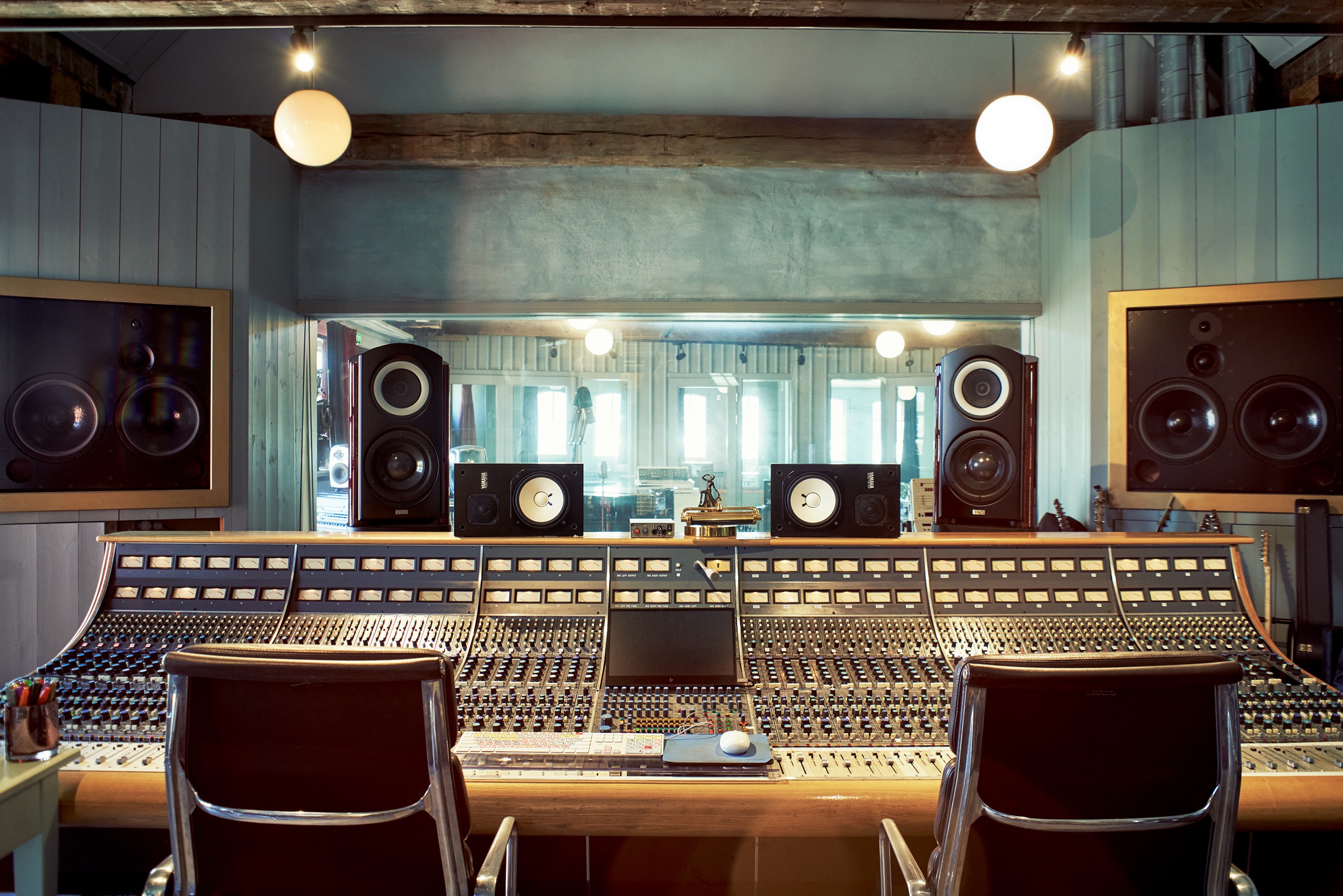
How to Book a Recording Studio Session
Booking your first professional recording studio session can feel a bit daunting at first. Between different room setups, gear lists, and rates that seem to vary wildly, it’s easy to get lost trying to figure out what you actually need. The good news is, once you understand how studios work and what to plan for, the whole process becomes much simpler and even enjoyable.
What Studios Do and Don’t Provide
One of the biggest surprises for first-time clients is that studios are mainly spaces for hire. You’re booking the room, the equipment, and sometimes an in-house engineer, not a full production team.
If you need a producer, mixer, or mastering engineer, those are separate people you’ll usually book directly. Most studios can supply a recording engineer if you don’t already have one, but many artists prefer to bring someone they know. If you’re working with a producer, you’ll normally book them first and then choose a studio that suits their workflow.
Some mixers have their own rooms, while others rent depending on the project. Mastering engineers almost never rent external spaces; they work from their own dedicated studios or from mastering houses like Abbey Road or Metropolis, where the room and gear are designed for critical listening.
If your project involves extra performers, you’ll usually hire a musician through your network or with help from your producer or the studio.
The main thing to remember is that studios provide the environment and the tools, while the people — producers, engineers, and musicians — bring the creative process to life. Book the right people first, then find the room that supports them.
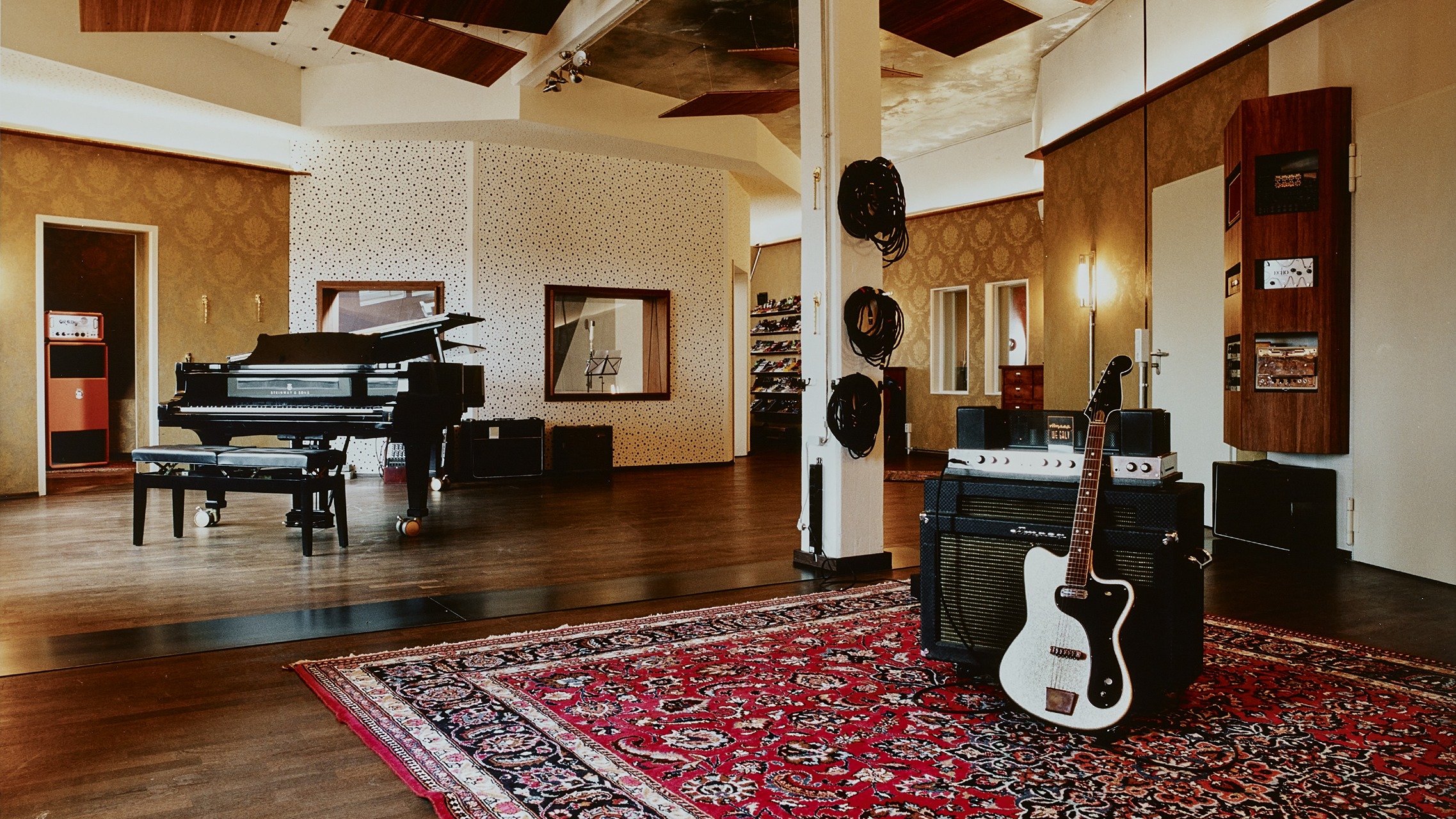
Choosing the Right Type of Studio for Your Project
Start by thinking about the sound you’re going for. Are you chasing something big and open, or tight and focused? Will you record a band live, or build the track layer by layer? Those choices will quickly shape the type of studio you need, and it’s part of understanding how to find the right recording studio for your project.
The sound of any studio starts with the sound of its rooms. Larger live rooms tend to add space, depth, and ambience, which is great for capturing drums, strings, or a full band. Smaller rooms deliver a tighter, more controlled tone, which can be easier to shape later in the mix. The studio’s mic collection and outboard gear will also play a big part in your final sound.
For vocals and overdubs, a smaller, quieter space with a solid vocal chain is often ideal. Bigger rooms may give you more mic or preamp options, but they’re not always essential for this type of work.
When it comes to mixing, focus on the accuracy of the control room. You want speakers and acoustics that help your mix translate outside the studio. If you’re mixing mostly in the box, the gear won’t matter much, but if you’re planning to use analogue gear, make sure the console and outboard are in good shape and varied enough to give you options.
For writing sessions, comfort and flow are key. If most of the work happens on laptops, a simple room with a good monitoring setup can do the trick. If you’re writing with live instruments, check whether the studio has what you need or plan to bring your own.
Of course, this isn’t an exhaustive list. We could go on about strings, choirs, film scoring, or residential setups that combine accommodation and recording. The point is: once you know the sound and the workflow you’re after, finding the right studio becomes much easier.
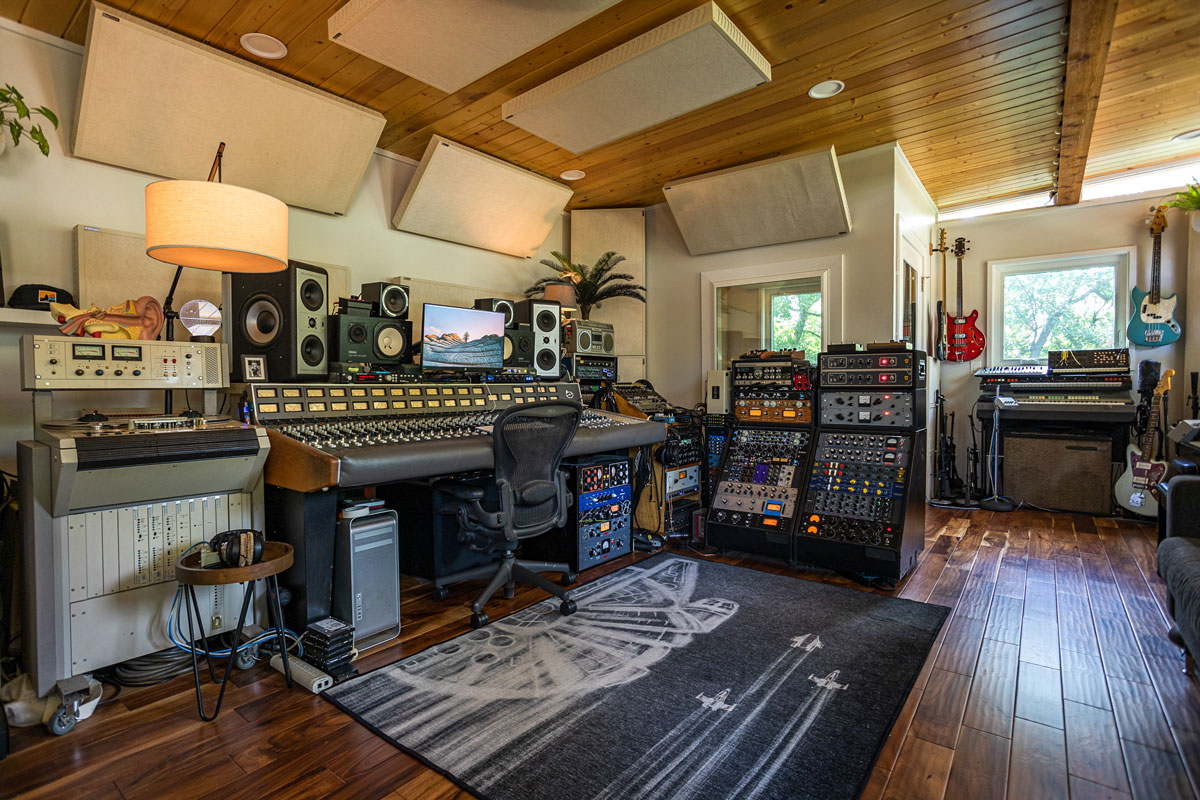
Planning Ahead: Lead Times and Availability
Lead times vary a lot depending on the type of project. Multi-day sessions like album tracking or writing camps often need more notice, especially in busy cities. If you can plan ahead, you’ll have far more choice.
Shorter bookings, like a day or two for vocals or overdubs, are usually easier to arrange, especially if you can be flexible with dates or locations.
Once you know roughly when you want to record, share your key details early: how long you’ll need, how many people are involved, and what kind of setup the session requires. The clearer you are upfront, the faster a studio can confirm what’s available.
How Much Studio Time to Book
The right amount of studio time really depends on what you’re recording and how prepared you are.
As a rough guide, a simple vocal and guitar track might take half a day per song, while a full band with drums, bass, guitars, and vocals could take one to three days per song. Bigger productions with strings, overdubs, or guest players might stretch across several sessions.
Preparation makes a huge difference. Artists who know their material and come in organized almost always finish faster. If it’s your first time in a professional studio, it’s worth reading up on how to prepare before the session, as small things can save a lot of time on the day.
It’s always better to slightly overbook than to run short on hours. Extra time allows for creative takes, technical hiccups, or just breathing room. As a general benchmark, recording one song can take anywhere from half a day to three days depending on your setup, so plan your schedule with that in mind.
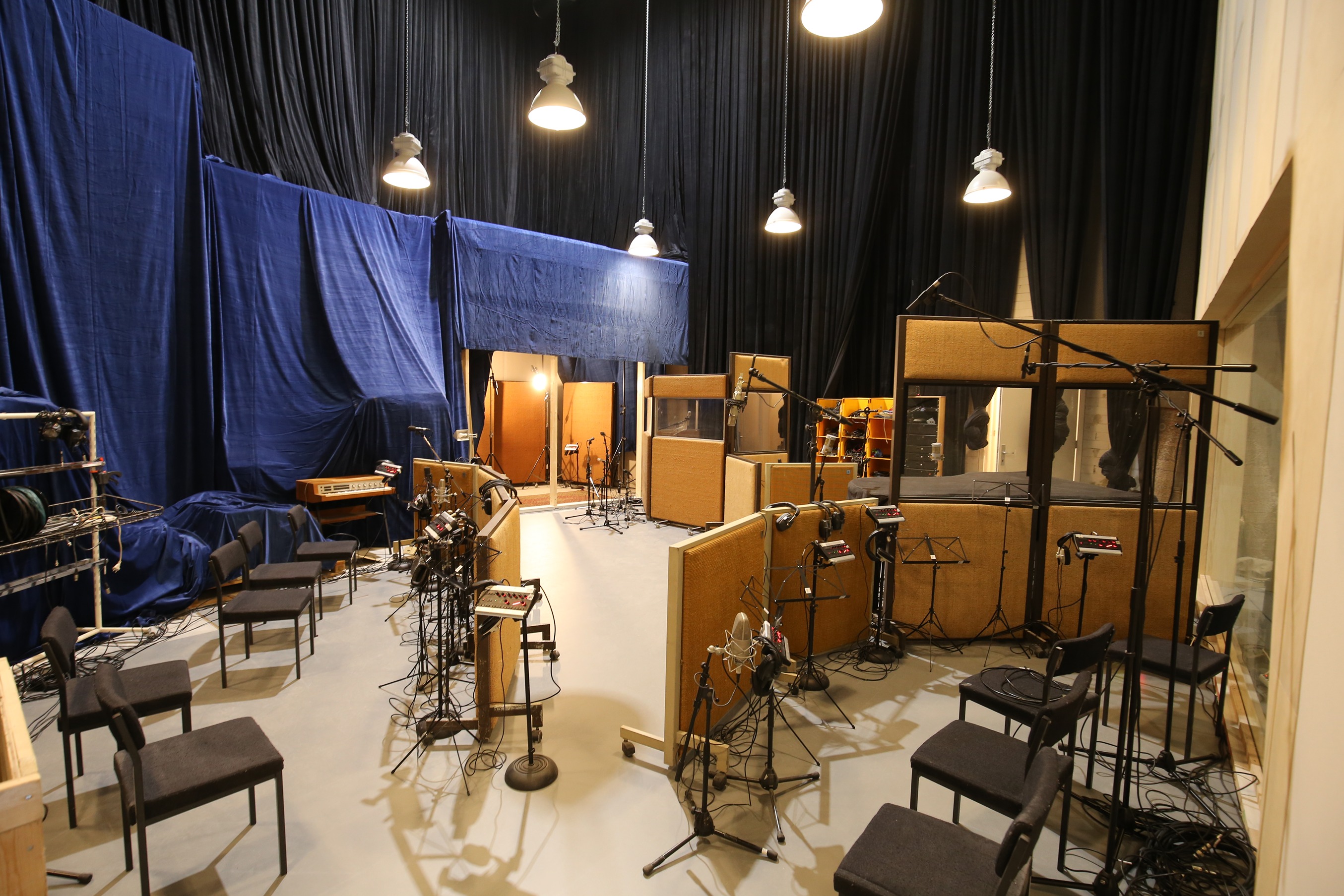
Budgeting and How Studios Quote Projects
Studio pricing isn’t just about time; it reflects the scope of your project, the setup required, and who’s involved.
Most professional studios don’t publish flat rates because every session is different. The best way to get an accurate quote is to give them context: the session type, how long you’ll need, how many people will attend, and what gear or instruments you’ll use.
If you’re booking several days in a row, you’ll often get a better daily rate. Five days or more is a sweet spot for many studios, as it helps them plan their calendar more efficiently. Shorter sessions, on the other hand, can end up costing more per day because the time and effort that go into setup, scheduling, and prep are often the same as for longer bookings. They can also block studios from taking on a longer session that overlaps those dates, so pricing tends to reflect that.
Whatever your budget, avoid cutting the wrong corners. Assistants are helpful, but they don’t replace an engineer. Things like mic placement, gain staging, and acoustics can make or break a session. If a studio suggests a setup or recommends extra help, it’s because they want your project to sound its best.
Before you confirm, make sure you’ve shared:
- Your preferred dates and any flexibility
- The lineup and instruments
- Whether you’re bringing your own producer or engineer
- A clear sense of your budget
Being upfront helps the studio work with you to get the most from your time there.
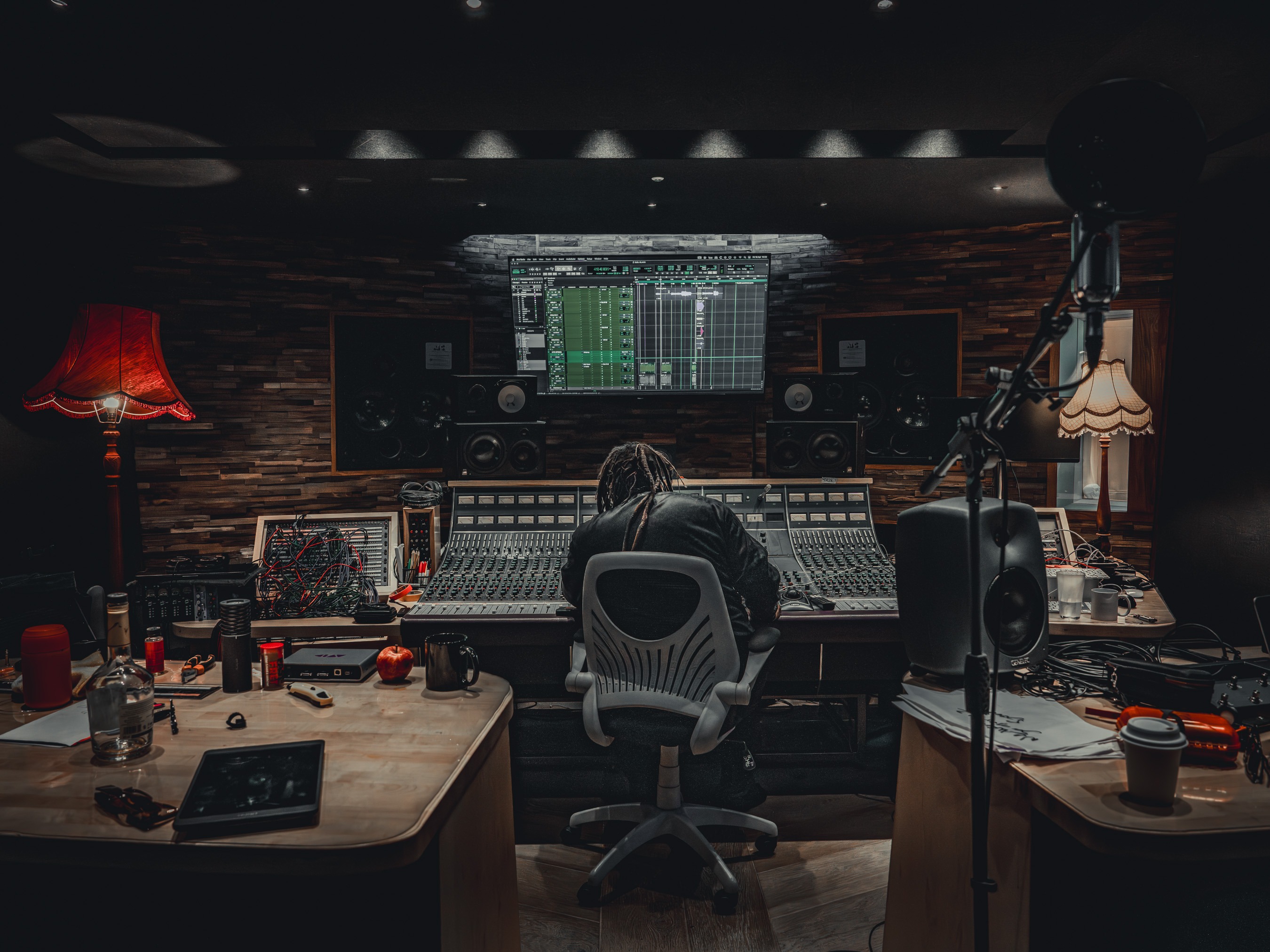
Studio Etiquette and Professionalism
Every great session has two things in common: good preparation and mutual respect. Studios are collaborative spaces, and when everyone feels part of the process, the energy in the room is better and the results speak for themselves.
Show up prepared and on time, be clear about your goals, and communicate openly. Most studios have seen it all, from global artists to newcomers, and their teams know exactly how to help you get what you need.
Respect goes a long way. Engineers, assistants, and runners all play a part in helping you capture your best performance. Keep communication constructive and remember that good studio etiquette isn’t complicated; it’s about creating a space where everyone can focus, collaborate, and do their best work.
A little professionalism and positivity go further than you think. When everyone’s aligned and respected, creativity flows naturally.
Ready to Book? Let’s Find Your Perfect Match
Booking a studio is as much about preparation as it is about creativity. When you know what you need, plan your time well, and choose a space that suits your sound, everything tends to click into place.
At ProStudioTime, we’ve helped connect thousands of sessions worldwide, pairing artists, producers, and writers with studios that fit their sound and schedule. Let us know what you’re after and we’ll do the heavy lifting for you.
Let us find your studio. Start your search with ProStudioTime today.
